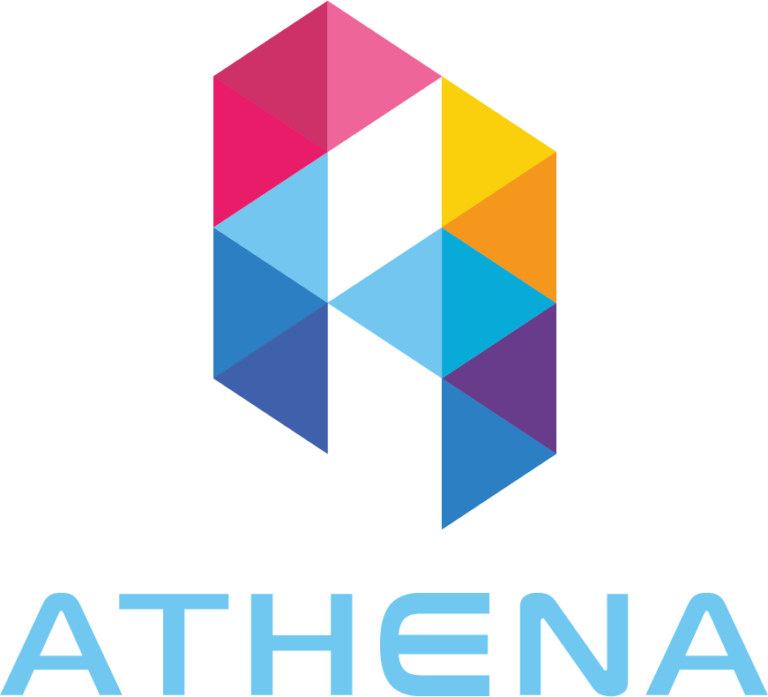The Basics of Setting Up a Forex Brokerage: What You Need to Know
Starting a forex brokerage can be a lucrative but complex endeavor. From selecting the right trading platform to setting up client management and payment solutions, we break down the essentials to get you started on the right track.
Starting a Forex brokerage is a promising business opportunity, but it requires a structured approach and a clear understanding of the Forex market. From choosing the right business model to complying with regulatory requirements, this guide breaks down the foundational steps needed to establish a successful Forex brokerage.
Understanding the Forex Market
What is Forex?
Forex, or the foreign exchange market, is a decentralized global marketplace for trading currencies. It is the largest financial market in the world, with daily trading volumes exceeding trillions of dollars. Forex trading involves buying one currency while simultaneously selling another, profiting from exchange rate fluctuations.
Why Enter the Forex Market?
Forex brokerages serve as intermediaries, facilitating trades for clients while earning revenue from spreads, commissions, and additional services. The continuous demand for currency trading makes the Forex industry a lucrative and resilient market.
Establishing Your Business Model
Market Maker vs. STP/ECN Models
- Market Maker Model: The brokerage acts as the counterparty to client trades, benefiting from spreads and client trading losses.
- STP/ECN Model: Trades are routed directly to liquidity providers, with the brokerage earning through transaction fees or commissions.
Identifying Your Target Audience
Determine whether you will serve retail traders, institutional clients, or niche segments such as algorithmic or beginner traders. Tailoring your services to your audience will help differentiate your brokerage and attract loyal clients.
Regulatory Compliance and Licensing
Licensing Requirements
Forex brokerages operate in a regulated environment to ensure transparency and protect investors. Depending on your region, you may need to obtain licenses from regulatory authorities such as:
- CySEC (Cyprus Securities and Exchange Commission)
- FCA (Financial Conduct Authority, UK)
- ASIC (Australian Securities and Investments Commission)
Ensuring Compliance
Adopt measures such as anti-money laundering (AML) and know-your-customer (KYC) protocols to meet legal standards and build trust with clients.
Building Your Trading Platform
Choosing the Right Platform
Your trading platform is the cornerstone of your brokerage. Popular options include:
- MetaTrader 4 (MT4): A user-friendly platform with extensive trading tools.
- MetaTrader 5 (MT5): Supports multi-asset trading with enhanced features.
- cTrader: Offers advanced charting and transparency for professional traders.
Customization Options
Consider white-label solutions to expedite your launch and reduce development costs. Customize the platform’s branding, interface, and features to align with your business identity.
Partnering with Liquidity Providers
Liquidity providers connect your brokerage to the Forex market, ensuring seamless execution of trades. Evaluate providers based on:
- Competitive pricing and spreads.
- Execution speed.
- Reputation and reliability.
Implementing Risk Management Strategies
Tools for Risk Mitigation
Develop robust risk management practices to minimize exposure. Strategies may include:
- Setting position limits for clients.
- Employing hedging techniques.
Leverage Management
Determine appropriate leverage levels in compliance with regulatory requirements and client risk profiles. Proper leverage management safeguards both your brokerage and its clients.
Building Your Brand and Online Presence
Marketing Techniques
Leverage digital channels to reach your target audience:
- SEO Optimization: Ensure your website ranks high on search engines.
- Educational Content: Offer webinars, tutorials, and resources to attract and retain clients.
- Social Media Campaigns: Engage with potential clients on platforms like LinkedIn and Twitter.
Customer Support
Provide multilingual and responsive support to address client needs and foster trust.
Monitoring and Optimizing Operations
Data Analytics
Use analytics to monitor client activity, evaluate marketing campaigns, and identify improvement areas. Insights from data help refine your strategies and enhance client experiences.
Continuous Improvement
Stay updated on industry trends and integrate new technologies to maintain a competitive edge. Regularly update your platform and offerings to meet evolving client expectations.
Challenges to Consider
Regulatory Hurdles
Navigating the regulatory landscape requires expertise. Consulting with legal professionals ensures compliance and reduces risks.
High Competition
The Forex brokerage industry is competitive. Distinguish your brokerage through superior services, innovative features, and exceptional customer experiences.
Technological Demands
Maintaining a secure, scalable, and reliable trading platform is critical. Regular audits and updates are essential to ensure operational efficiency.


